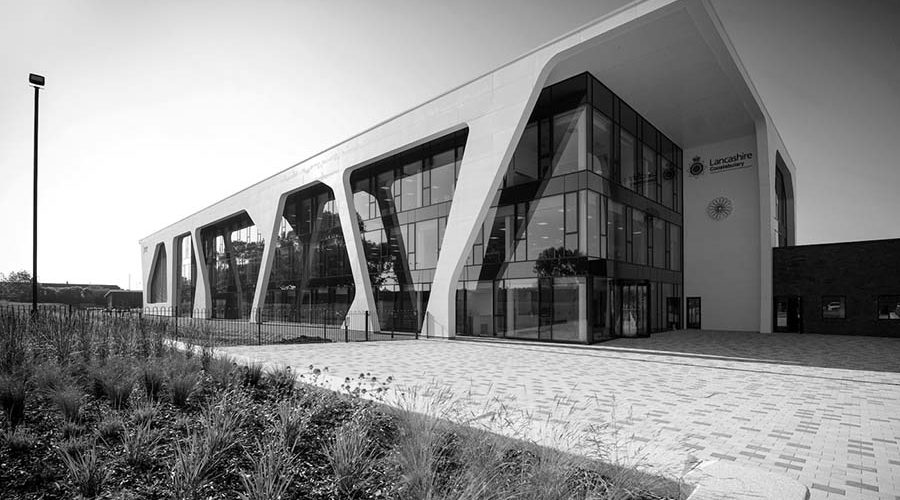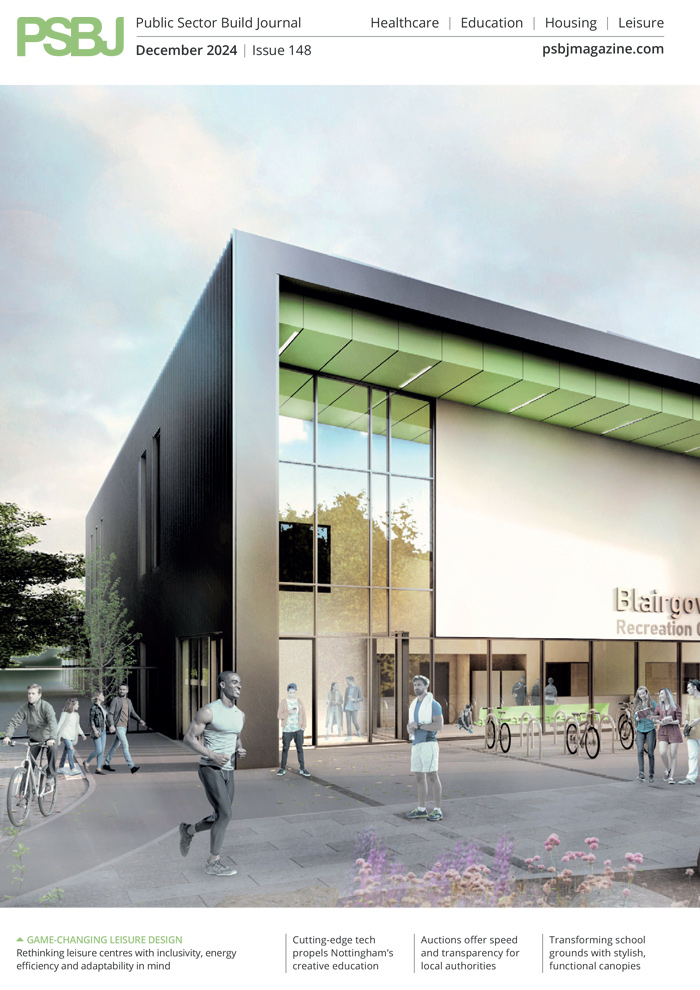Construction is set to lead the way as the UK looks to move out of the COVID-19 pandemic and towards economic recovery – and the public sector will be at the forefront thanks to Government spending pledges across a variety of sectors. Partner at leading independent property, construction and infrastructure consultancy Pick Everard, Alastair Hamilton believes that the effective use of frameworks will be pivotal.
Pick Everard
Public sector development has played a hugely important part in stimulating development across the UK, with key projects often acting as a catalyst for private sector schemes to come forwards – and the coronavirus pandemic has only emphasised this further.
As an industry, we now have a real opportunity to ‘build back better’ not just in terms of the actual bricks and mortar, but also by placing a real emphasis on social value and the legacy both within the industry and the communities in which we are working.
Frameworks delivering value
As a business, we are extremely experienced in working with our clients via frameworks and really understand how a well-managed framework can add genuine value, especially to public sector organisations which are often time-poor and working within financial constraints. There are the obvious advantages of procuring through a framework – efficiencies, certainty of cost and delivery timescales, but the value goes well beyond that.
One of the key aspects of delivering works via a framework is that we are able to place social value at the heart of a project – working in collaboration with both the client and the framework provider to ensure that building works have a positive impact throughout the build and into the future. This shared objective is incredibly important as it means there is a real focus on delivery, which translates into tangible benefits.
We are really passionate about doing ‘better’ within the construction industry and firmly believe that frameworks allow us to play a key role in doing just that through the projects we are involved with. This means not only delivering value for money for clients, but also focusing on the social value initiatives that matter to that particular project – whether that be creating work experience placements and apprenticeships, engaging with local people who are currently out of work or supporting with important local community projects.
Social value at the heart of placemaking
The way in which we approach placemaking in our towns and cities has changed. More than ever before, central Government and local authorities are focused on embedding health and wellbeing into our communities.
You need only look at the likes of the planning white paper or the recently-produced National Infrastructure Strategy to see just how important ‘levelling up’ and the health and wellbeing of our communities are to informing policy, and I firmly believe that frameworks play an important part in delivering this.
Social value is at the heart of frameworks; projects procured in this way are required to report on and deliver positive outcomes over and above the schemes themselves. The advantage of procuring via a framework, especially when it comes to pivotal community projects is that the notion of social value is embedded right from the start.
At Pick Everard, we are really focused on leaving a positive, long-term legacy and we’re able to do just that in collaboration with our supply chain via frameworks. We put the concept of better placemaking, better lives for communities and improved health and wellbeing at the core of what we are delivering for our clients – aligning with the objectives laid out particularly by the public sector and delivering against them.
Driving competitive excellence in the marketplace
The collaborative approach adopted by frameworks really supports delivering competitive excellence in the marketplace as we work together to upskill the supply chain and drive improvements across the industry. Measurement and evaluation processes are so important to delivery via a framework, which means that we are constantly interrogating our activity and are able to make improvements throughout the project lifecycle.
This is particularly valuable when it comes to working with SMEs which are really the lifeblood of the construction industry and play such an important part in driving economic recovery. This is also where innovation is really driven, and by working collaboratively, we are able to learn from one another – ultimately resulting in a seamless delivery model for clients. We benefit from a really dynamic supply chain and using a framework is a great way to harness that capability and drive industry-wise improvements.
In taking this approach, we are future-proofing the construction industry as we look to close that skills gap and develop young and talented people throughout their careers. It will see the standard of delivery across the industry – across the private and public sectors – improve and the marketplace will change for the better.

Alastair Hamilton leads Pick Everard’s national project management, cost management and advisory teams. A chartered Quantity Surveyor, he is passionate about delivering projects that meet the client’s requirements while achieving the best value possible.










